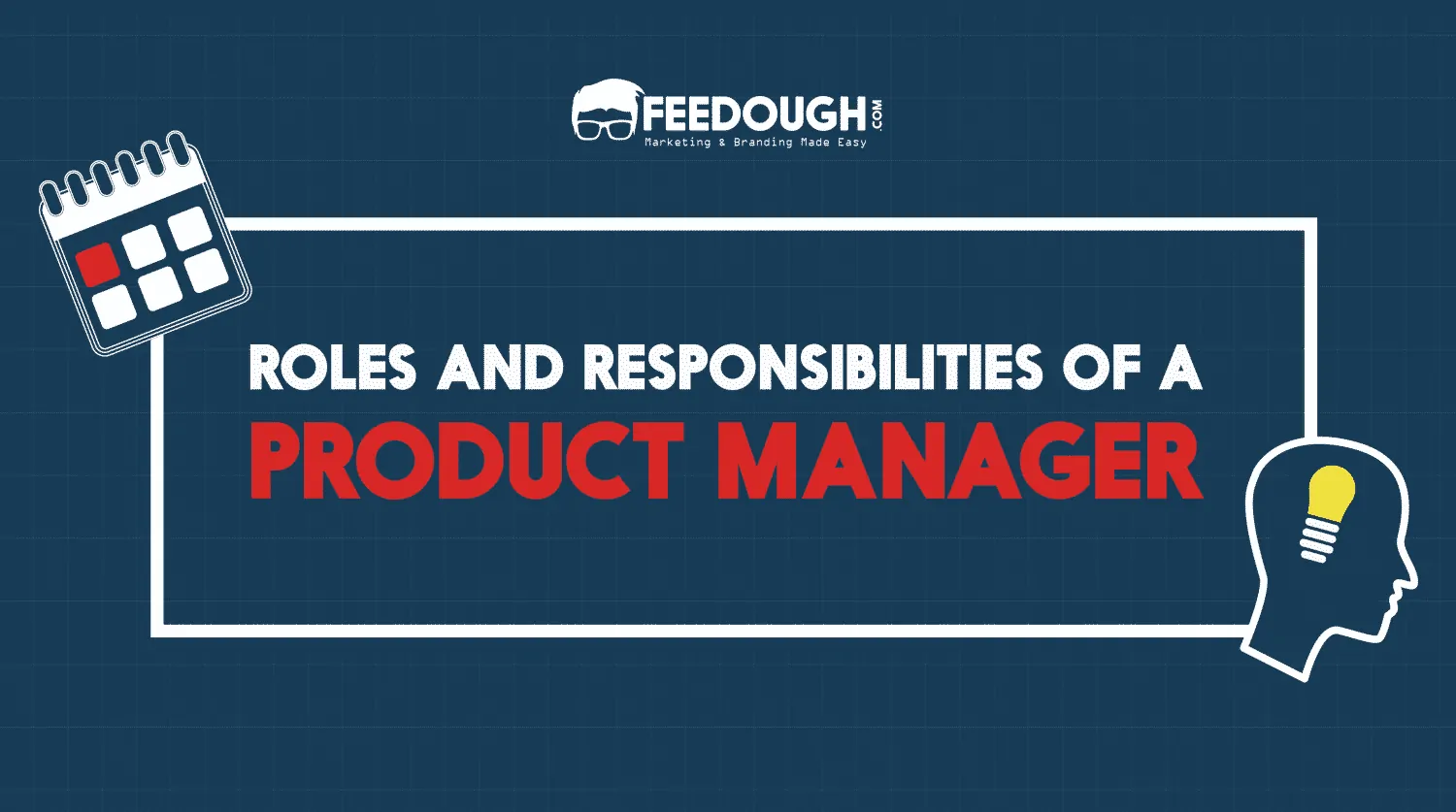You know what a Product Manager is. Many consider Product Management the dream job for the current crop of graduates. But have you ever wondered what a Product Manager actually does?
If you go around asking students about the responsibilities of a Product Manager, you will get pretty vague responses. Can they be blamed when even the industry remains unclear on what the product manager really does? At the end of the day, it is a pretty ambiguous role.
If I had to answer this question in just one sentence, it would be that a Product Manager helps his company decide what products or features to make and how to make them. But I am sure you wouldn’t be here reading this if you were content with this.
So let us see how a typical day would look like for a Product Manager.
(Mind you this role is as uncertain as it is ambiguous. So no two days would be the same. Also, Product Management is much more hands-on in startups than in large companies.)
Typical Day in the Life of a Product Manager

7:00 am: Wakes up and checks the latest news in the world. Follows the major technology blogs for the latest posts relevant to the industry he is working in. Prepares the to-do list for the day. Gets ready for work.
9:00 am: Reaches office. Attends meeting with the engineering team for updates on the work-in-progress and if they are facing any obstacles. Members of other teams such as UX are also present to voice their concerns if any.
10:00 am: Checks e-mails and participates in more meetings with various teams. The meetings can be related to roadmapping for a new product or even scrapping a feature that is not doing too well. Checks KPIs and product metrics to see how the product is performing.
12:00 pm: Lunch
1:00 pm: Makes wireframes for the new app. Discusses the app functionality with the engineering manager to figure how to proceed with the development.
3:00 pm: Analyses data related to the features that were introduced recently. Decides on which tests can be further used to know more about user behavior.
4:00 pm: Meets customers for personal interviews and focus groups to get feedback about the product.
5:00 pm: Meets with the Marketing team to decide how to lower user acquisition costs and if the marketing budget would have to be increased. Discusses the itinerary of the launch event for the new features.
6:00 pm: Leaves office for home. Reaches home and spends 1-2 hours on online courses which shall help him learn about new technology or skills for his role.
Throughout the day, the Product Manager had to shoulder various responsibilities. When you own a product, you deal with all its aspects to bring the best possible version to the market.
If it was not clear already, here are the responsibilities of a Product Manager in more detail:
Responsibilities of a Product Manager
Opportunity Identification
The Product Manager has to identify the opportunities that exist in the industry he operates in. A Product Manager is the company’s expert in the domain in which it exists and has to know as much as he can about the competition and the existing and upcoming trends.
Strategy Planning
Needless to say, both the long-term and short-term vision for the product is the Product Manager’s responsibility.
Wireframing
While no one expects a Product Manager to be a UI master, most ideas are communicated better in rough sketches than in words and thus making low fidelity wireframes frequently is something that a Product Manager has to be comfortable in.
Cross-Functional Communication and Collaboration
An exceptional product leader facilitates cross-functional communication and collaboration. He is aware of what is going on in various teams of the organization and maintains friendly relationships with everyone. He knows that great products don’t get made in silos.
Lots and Lots of Documentation
A Product Manager is responsible for tons of documents including the Business Requirements Document (BRD), Functional Specifications Document (FSD), Product Requirements Document (PRD) etc. Of course, these will vary from company to company.
Project Management
A Product Manager has to be very organized and detailed. He gathers information from different teams and passes it to the appropriate stakeholders. A good Product Manager knows teams have to know who is doing what and when to work better and he makes sure that goal is achieved.
Market Research
A Product Manager has to be comfortable with market research to know if a market exists for his product and if yes, what the behavioral characteristics of his target audience are. He has to make a detailed analysis of his target personas.
Data Analysis
Data is very crucial for a Product Manager. He can make good decisions only if he is able to understand the data in front of him. While most organizations have Data Scientists and Business Analysts to take care of the huge amount of data generated every day, Product Managers are expected to know some SQL and Excel to run basic data analysis by themselves.
User Testing
A Product Manager is the customer’s advocate in the company. It is his job to understand the customer and his needs. He has to find time to meet customers every now and then to understand what they want and get their feedback on the current solutions being provided to them. An MVP can help with product validation.
Product Delivery
No product is perfect. Perfection requires an endless development phase. Unfortunately, the real world is bound by timelines. A Product Manager prioritizes what features need to be incorporated into the product and what is to be chucked. He has to maintain the balance between getting the product right and getting it out to the customers in time.
Sales and Services Enablement
A Product Manager is the CEO of his product. So making sure that the sales and services people in his company thoroughly understand the product and thus are able to do their job better is his responsibility.
I hope you might have got some clarity on what a Product Manager does. If you want to truly succeed as a Product Manager, always remember that your job is to facilitate the entire process and not dictate terms. Only when you earn the respect of the different teams, especially engineering, can you truly achieve what you set out to do. There is plenty of knowledge to be leveraged both within and outside the company. Use that to move ahead with your vision but also remember to get yourself into the fray and not be content with only talking.
Go On, Tell Us What You Think!
Did we miss something? Come on! Tell us what you think of this article on Roles And Responsibilities Of A Product Manager in the comments section.
Product Guy. Introverted Marketer. Engineer by education. Movie and TV Geek by nature. Can be seen reading comics and non-fiction books when not binging on movies and Netflix shows. Pop-culture junkie. Out and out foodie. Wee bit self-obsessed.”








![AI Porter’s Five Forces Analysis [Unlimited & No Login] Porter’s Five Forces Analysis Generator](https://www.feedough.com/wp-content/uploads/2024/12/Porters-Five-Forces-Analysis-Generator-150x150.webp)
